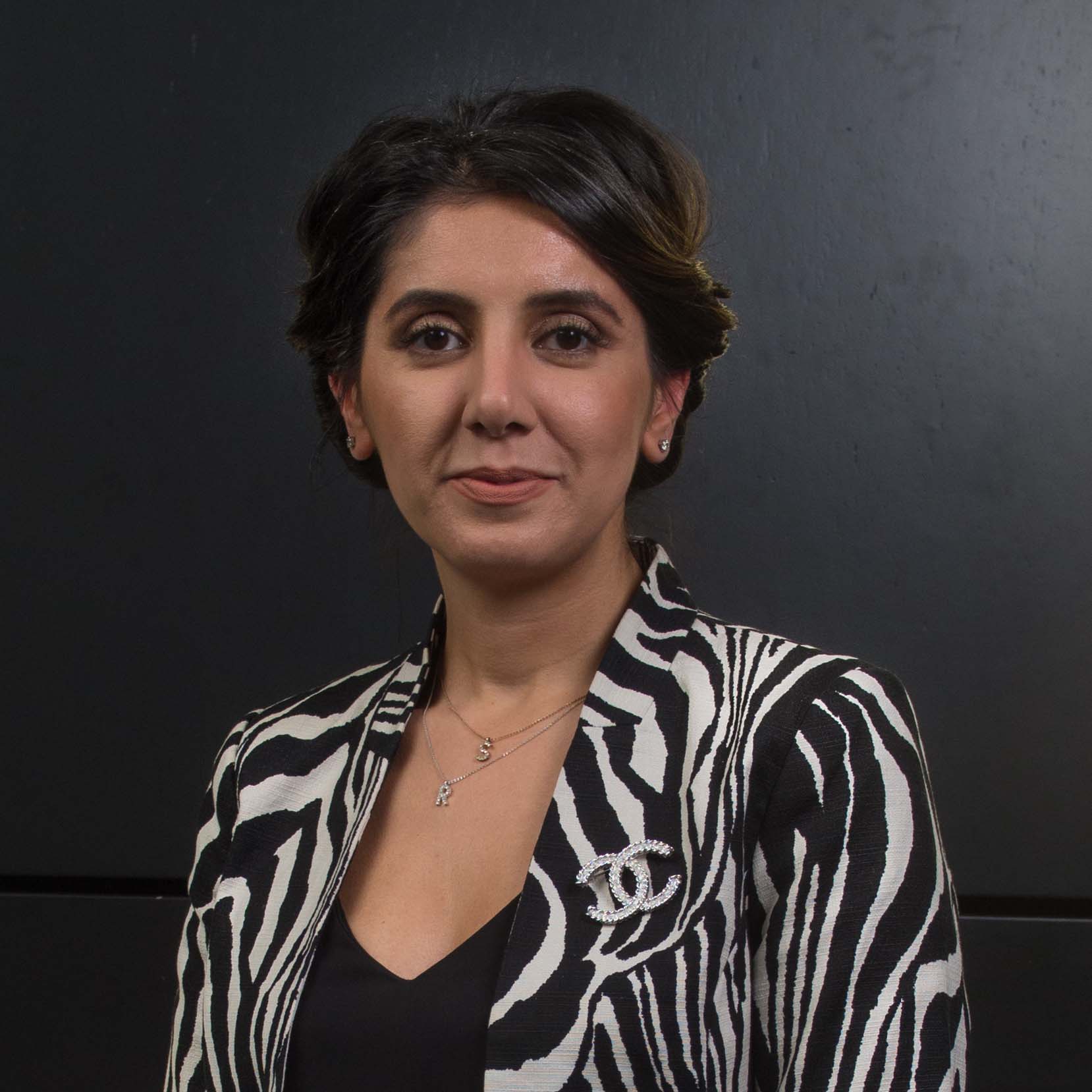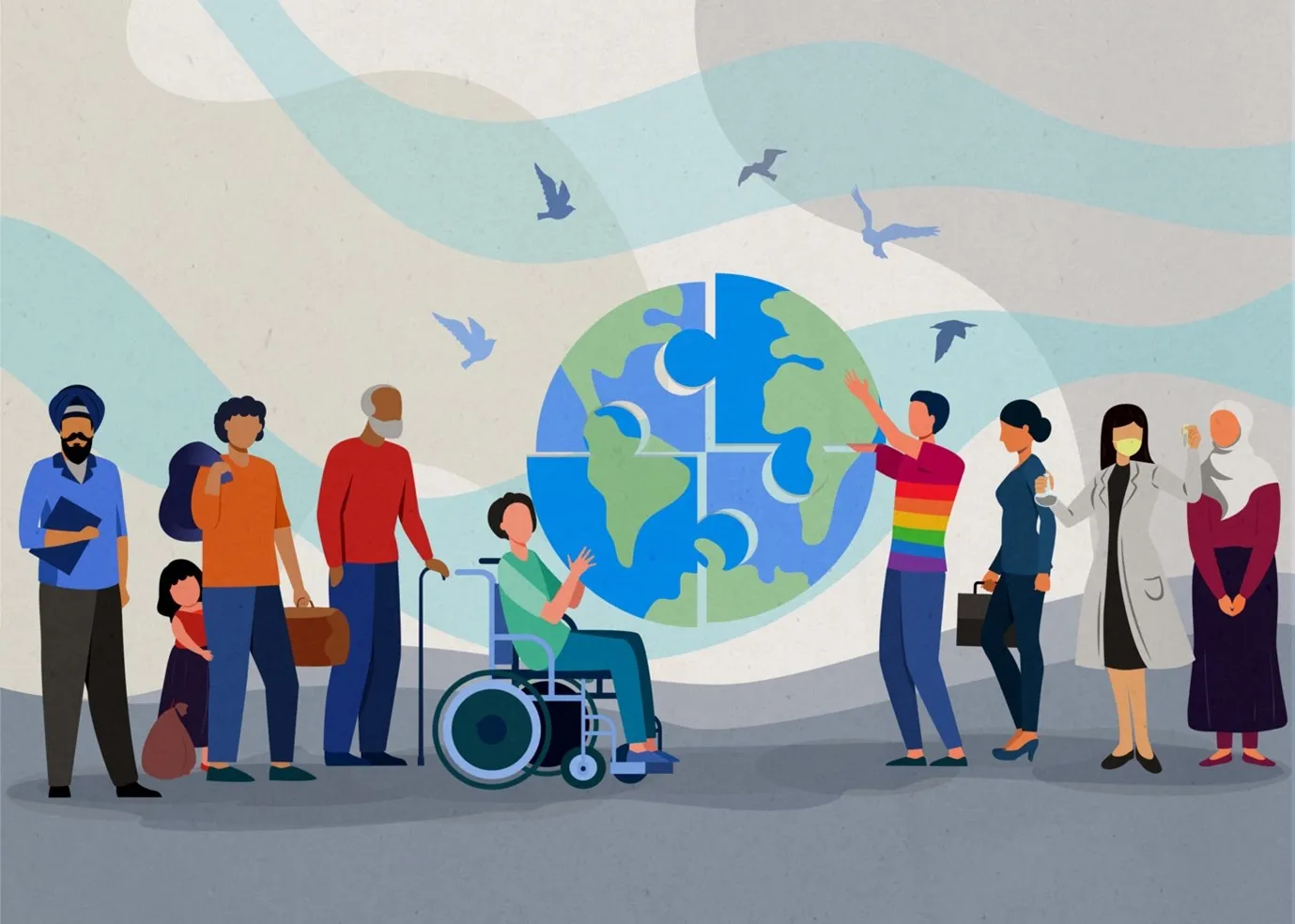
By Sukh Randhawa
Axentia Associate
At Axentia, we bring together a fantastic group of experienced associates with many skills. Our Associate Sukh Randhawa is notable for helping organisations with major change and transformation projects, where key elements relate to Equity, Diversity, and Inclusion. Here Sukh brings her perspective on how Privilege, Belonging, and Diversity of Thought make business sense.
When we hear the word privilege, what do we think of? In the Western world, this conjures up the image of white privilege, male privilege, heterosexual privilege, or able-bodied privilege, among others.
As a Panjabi woman born in the UK to immigrant parents, I have experienced privilege and marginalisation in different aspects of my life. On the one hand, I have had access to opportunities and resources my parents did not have when they first arrived in the UK. I grew up in a country with a robust education system, a relatively stable political environment, and a diverse and multicultural society.
So, what does Privilege mean? – It refers to the advantages, benefits, and opportunities that some individuals or groups enjoy simply because of their social identity, such as race, gender, sexual orientation, or socioeconomic status. These advantages can be both visible, such as access to resources, education, or job opportunities, and invisible, such as being treated with more respect or not experiencing discrimination or harassment.
Privilege is often invisible to those with it and can be challenging to recognise or acknowledge. It can also be used to maintain power and advantage and contribute to the oppression and marginalisation of those who do not have the same privileges. Recognising and acknowledging privilege and working towards dismantling systems and structures perpetuating privilege and oppression is essential.
Understanding privilege and its impact is vital in creating more equitable and inclusive communities, workplaces, and society.
I have also experienced marginalisation and discrimination based on race, ethnicity, and gender. Growing up, I often felt like an outsider, caught between two worlds – my parents’ Panjabi culture and traditions and the culture and traditions of England, the country I was born in. I have experienced racism and microaggressions, both overt and subtle, and have had to work twice as hard to prove myself in academic and professional settings.
Despite these challenges, I have also benefited from certain privileges, such as being born into a middle-class family and having access to education and other resources that have allowed me to pursue my goals and ambitions. I also acknowledge that my intersecting identities shape my experiences and that others may have experienced different forms of privilege and marginalisation based on their unique circumstances.
As I continue to navigate the world as a Panjabi woman born in the UK, I am committed to using my privilege to advocate for and uplift marginalised communities. It is our responsibility to acknowledge and challenge systems of oppression and to work towards creating a more equitable and just society for all.
Uplifting the marginalised is more than just the ethically right thing. It also makes business sense! Diversity of thought brings with it a significant commercial advantage for organisations. When individuals with different perspectives, experiences, and backgrounds come together to solve problems and make decisions, they can bring insights and approaches that may not have been considered otherwise. This can lead to more creative solutions, better decision-making, and more innovative and adaptive organisational culture.
Diversity of thought can also help organisations better understand and respond to the needs of a diverse customer base. By bringing together a range of perspectives and experiences, organisations can develop more inclusive products and services that meet the needs of a broader range of customers.
However, achieving diversity of thought requires more than simply having a diverse workforce. It requires creating a culture of inclusion, where all voices are heard and valued, and individuals feel comfortable expressing their opinions and ideas. This requires organisations to actively seek out and listen to diverse perspectives and to create processes and systems that support and encourage diversity of thought.
By embracing the diversity of thought, organisations can gain a competitive advantage by fostering a culture of innovation, creativity, and inclusivity, leading to better decision-making, improved customer satisfaction, and increased profitability.
As part of my purpose to shine a light of privilege and create a culture of belonging for all, I invite you to contact me for an exploratory conversation on how we can create a culture of belonging for all and raise our voices as allies when we have the privilege to do so.




